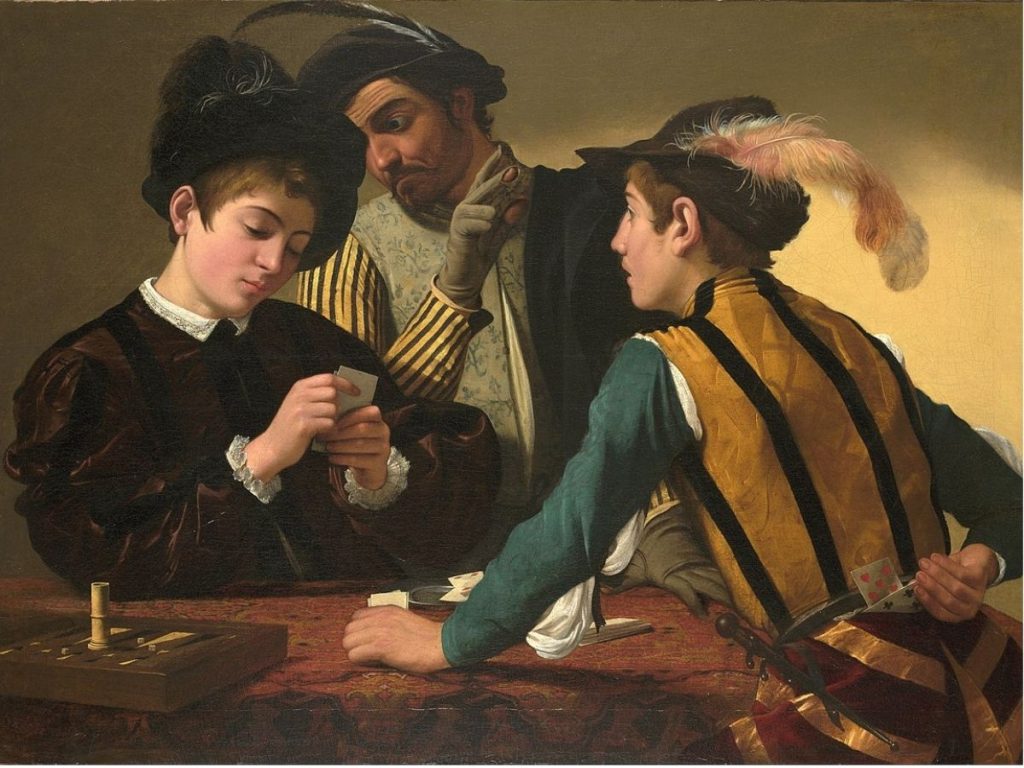Tracing the origin and evolution of gambling across the world
Prepend to the content

Gambling isn’t a recent phenomenon; it has deep roots stretching back through the ages. When we think of gambling, images of bustling casinos, card games like blackjack, or the thrill of roulette often come to mind. But have you ever wondered where it all began? Let’s take a journey through time to explore the fascinating history of gambling, from its beginnings to its present-day prominence.
In ancient times, long before the glitz and glamour of modern casinos, gambling was already a popular pastime. Ancient civilizations, from the majestic empires of Rome and China to the ancient civilizations in Mesopotamia and Egypt, indulged in various forms of gambling. These early societies had their own games of chance, from throwing dice to betting on sporting events.
The origins of playing cards can be traced back to ancient China. It was here that the precursor to modern paper money was invented, leading to the development of card games. One of the earliest known games was Keno, which dates back over 2,000 years. In Keno, players would select numbers, and winners were determined by a random draw. It was a primitive form of the lottery.
Ancient Greece, known for its rich mythology and philosophy, also had a penchant for gambling. While some Greeks frowned upon gambling, others embraced it wholeheartedly. The ancient Greeks’ popular gambling games were the checkers and heads and tails games.
Greek myths are full of stories of gods and goddesses engaged in games of chance, adding a mythical dimension to the history of gambling. Greek mythical characters Pan and Hermes, were notorious for gambling. Greek mythology’s famous legend of throwing dice to bifurcate the Universe between the Gods is enough proof of gambling.
Native American tribes had their own unique gambling traditions. Archaeological evidence suggests that ancient Native Americans engaged in games of chance, using sticks and predicting outcomes. These early forms of gambling were deeply intertwined with Native American culture and served as a form of entertainment and social interaction. One of the first casinos to be found by archaeologists has been found in a cave in Utah.
The mighty Roman Empire, with its vast territories and diverse peoples, also indulged in gambling. Kings and masses both indulged in games of chance, seeking fortune and entertainment. Even biblical scriptures mention gambling, with references to casting lots to determine outcomes—a practice that transcended cultures and civilizations. Emperor Augustus was known as a restless gambler and Emperor Commodus was declared bankrupt several times due to his gambling losses.
In India too gambling was popular, both Ramayana and Mahabharata refer to gambling as a pastime of Kings. The game of dice between Yudhisthira and Duryodhana is a well-known legend. India’s first Gambling Act was formed in 1867 during the British era.
With time, gambling continued to evolve, adapting to the changing tides of history. From medieval Europe to the bustling markets of the Middle East, games of chance became an integral part of society. However, with its popularity came regulation, as governments sought to control and tax gambling activities.
Today, gambling is a multi-billion-dollar industry, with casinos, online betting platforms, and lottery systems spanning across the world. While its fascination remains strong, so too do debates surrounding its social and economic impact. Despite the controversies, one thing is clear: the history of gambling is proof of humanity’s enduring fascination with chance and fortune.
The post Tracing the origin and evolution of gambling across the world appeared first on G2G News.



